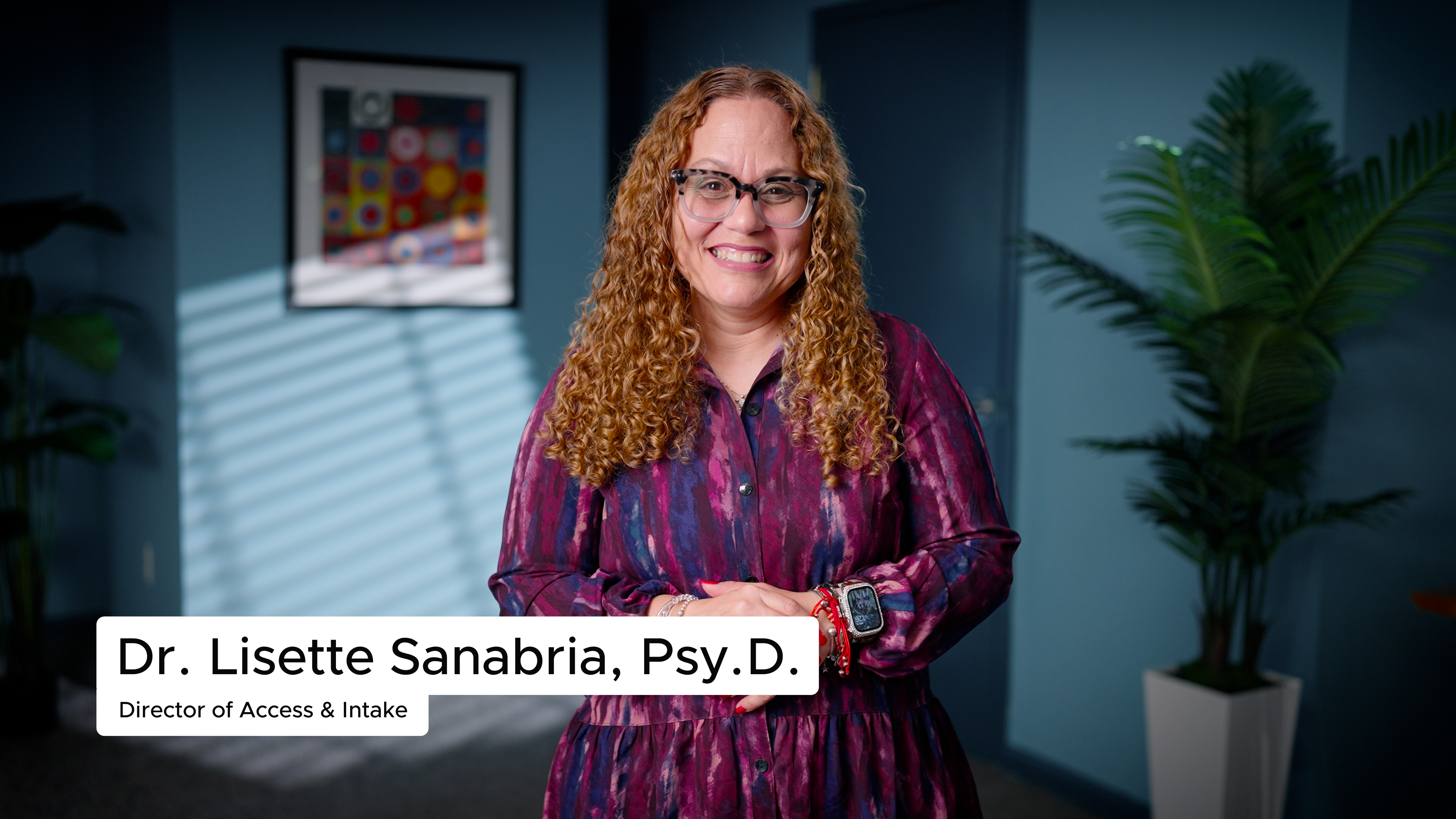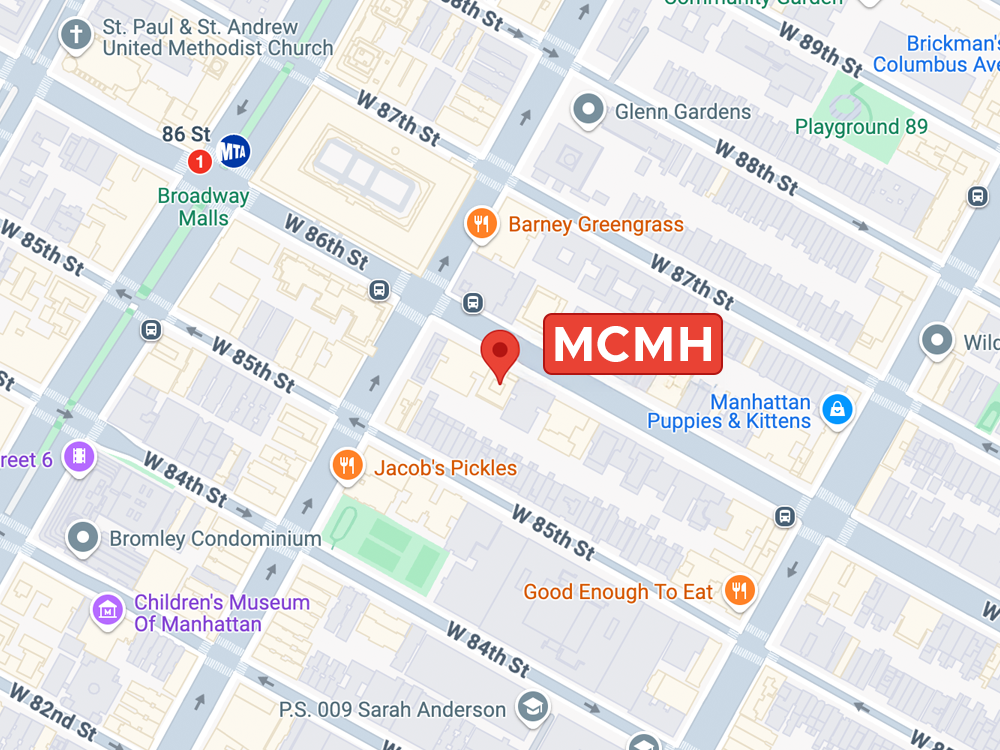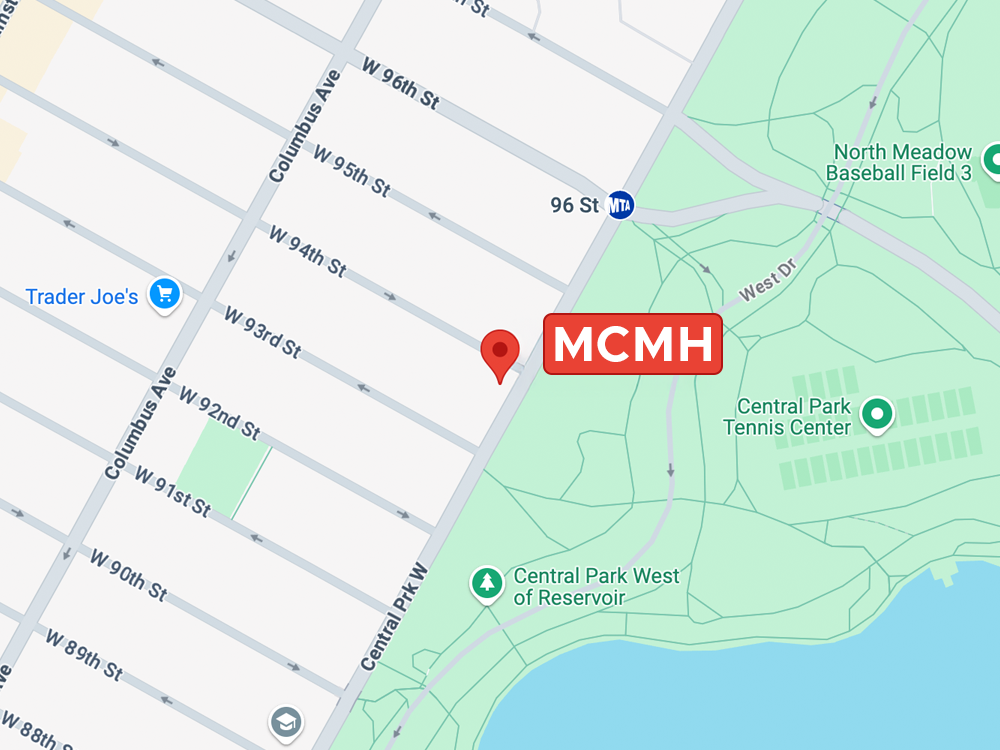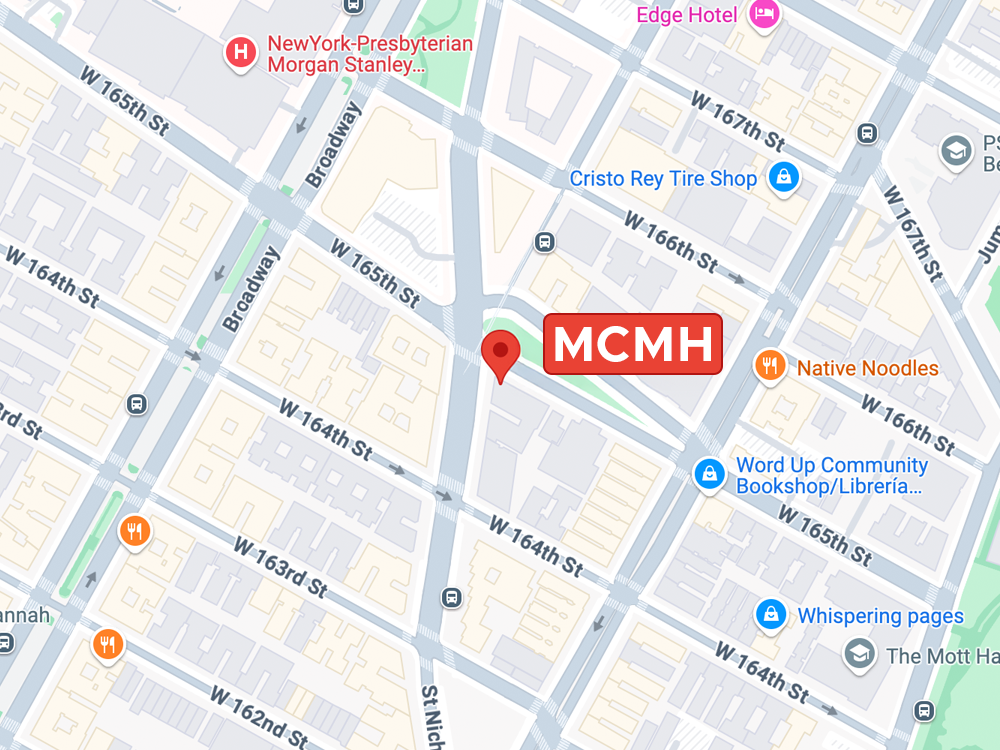Bipolar disorder is a mental health condition that causes extreme shifts in mood, energy, and activity levels. These mood changes, known as episodes, alternate between highs (mania or hypomania) and lows (depression). The intensity and duration of these episodes vary from person to person.
Types of Bipolar Disorder
- Bipolar I Disorder – Characterized by manic episodes that last at least a week or require hospitalization. Depressive episodes often occur as well.
- Bipolar II Disorder – Involves hypomanic episodes (a less severe form of mania) and depressive episodes, but no full manic episodes.
- Cyclothymic Disorder (Cyclothymia) – Frequent mood swings with milder highs and lows that persist for two years or more.
Symptoms of Bipolar Disorder
- Manic or Hypomanic Episodes (Highs)
- Increased energy, restlessness, or feeling euphoric
- Decreased need for sleep
- Racing thoughts and rapid speech
- Impulsive or risky behavior (spending sprees, reckless driving, risky decisions)
- Feeling overly confident or invincible
- Depressive Episodes (Lows)
- Persistent sadness or hopelessness
- Fatigue or low energy
- Difficulty concentrating or making decisions
- Changes in sleep and appetite
- Thoughts of self-harm or suicide (in severe cases)
What Causes Bipolar Disorder?
Bipolar disorder is believed to be caused by a combination of factors, including:
- Genetics – A family history of bipolar disorder increases the risk.
- Brain Chemistry – Imbalances in neurotransmitters that regulate mood.
- Life Stressors – Trauma, major life changes, or prolonged stress can trigger episodes.
How Is Bipolar Disorder Treated?
Bipolar disorder is a lifelong condition but can be managed effectively with:
- Medication – Mood stabilizers, antipsychotics, and antidepressants help regulate symptoms.
- Therapy – Cognitive Behavioral Therapy (CBT) and psychoeducation help individuals cope with mood swings.
- Lifestyle Adjustments – Regular sleep, exercise, stress management, and avoiding triggers.
- Support System – Family, friends, and support groups play a crucial role in managing the condition.
At Metropolitan Center for Mental Health our care team understands that Bipolar Disorder is a complex but treatable condition. With the right support and medical care, individuals with bipolar disorder can lead fulfilling and productive lives.








